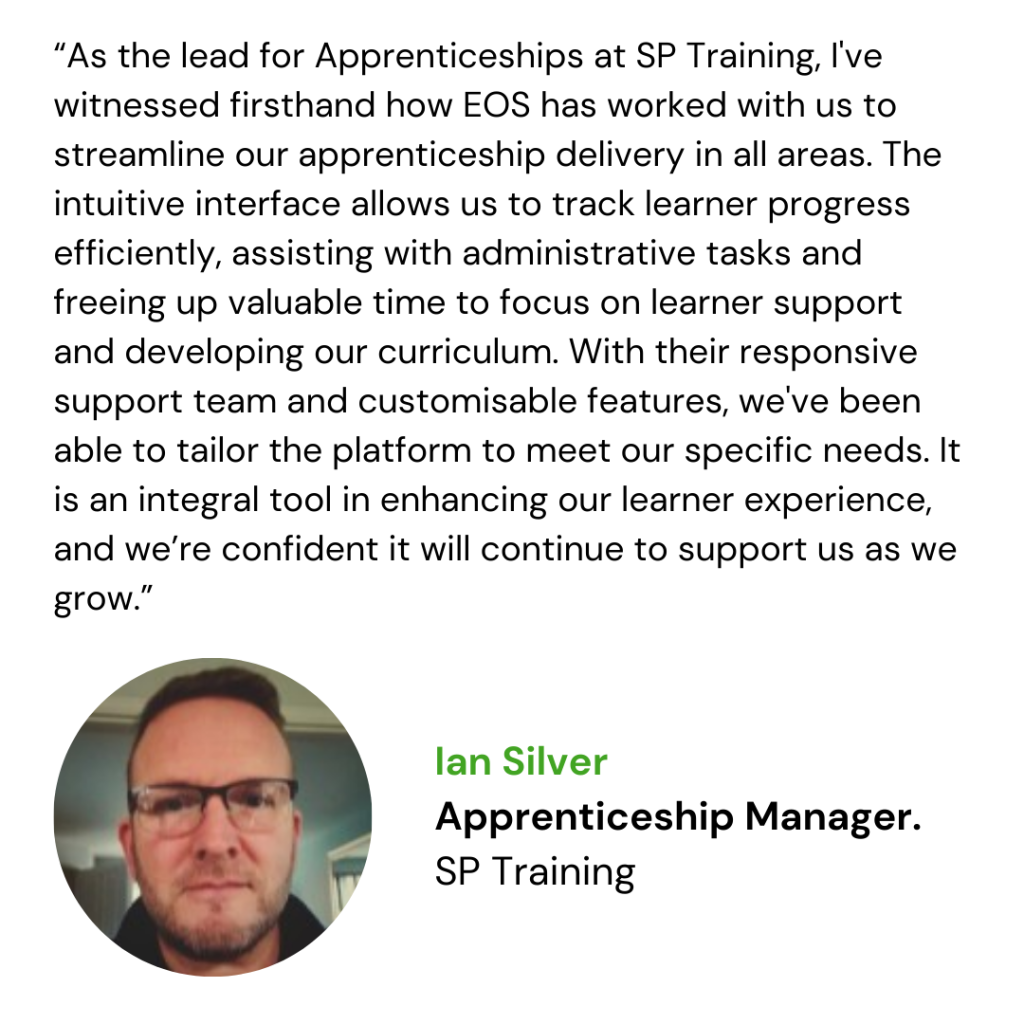How E-Learning Will Benefit Your Training Business.

It's time to ditch workbooks and slide decks and future proof your business.

Flexibility and Convenience
Integration of Learning and Leisure
The use of smartphones for e-learning blurs the lines between learning and leisure. Learners can seamlessly switch between studying and using social media, playing games, or browsing the web, which can make the learning experience feel less rigid and more integrated into their daily lives. This integration can increase motivation and make learning more enjoyable. A study by Educause showed that 70% of students found e-learning through mobile devices to be engaging and enjoyable because it fit well into their lifestyle (Teachfloor).
Enhanced Engagement and Interactivity
E-learning platforms often include interactive elements such as quizzes, videos, and discussion forums, which enhance learner engagement. Research shows that interactive videos hold the attention of 82% of learners better than non-interactive ones, making the learning experience more engaging and effective (Exploding Topics). E-learning platforms often use data analytics to personalise the learning experience, catering to the individual needs and learning styles of students. This personalised approach helps in addressing specific learning gaps and enhances overall learning outcomes
Immediate Feedback and Support
Familiarity and Comfort with Technology
Many learners, particularly younger ones, are digital natives who are highly familiar with and comfortable using smartphones and other digital devices. This comfort level can make e-learning feel more accessible and enjoyable. According to a Pew Research Center survey, 96% of young adults (aged 18-29) in the UK own a smartphone, which indicates a high level of comfort with using these devices for various activities, including learning (Techjury).

Ofsted has a positive outlook on the use of e-learning for apprenticeships in further education. They highlight several benefits, including increased flexibility, enhanced learner engagement, and the ability to tailor learning to individual needs.
According to Ofsted, the integration of e-learning helps apprentices balance work and study more effectively, making the learning process more seamless and accessible. This approach allows for the delivery of high-quality, well-structured training programmes that are crucial for the development of new skills and knowledge, which is essential for apprentices’ career growth and productivity improvements (FE Week) (University of York).
Don't have time to build your own E-Learning?
We've got you covered.
Save money, improve learner engagement and increase the quality of your teaching and learning with E-Learning in EOSONE.
- Safeguarding
- Personal development and wellbeing
- Maths and English
- Management and Leadership
- Coaching
- Whole Apprenticeship Standards


Furthermore, Ofsted’s inspections have noted that e-learning supports positive attitudes towards learning among apprentices. It provides them with continuous access to resources and support, which enhances their motivation and engagement. This is particularly beneficial in helping apprentices understand complex subjects and apply their learning in real-world scenarios (Office for Students).
Additionally, the adoption of new technologies, including AI and digital platforms, is encouraged to further improve the learning experience for apprentices. These technologies offer personalised learning experiences and immediate support, which can significantly enhance the effectiveness of apprenticeship programmes (FE Week) (FE Week).

Learner Engagement
E-learning can greatly enhance learner engagement by providing interactive and multimedia content that is more engaging than traditional methods. Interactive videos, quizzes, simulations, and gamified learning experiences can make learning more engaging and enjoyable for apprentices. According to Kaltura, 82% of learners prefer interactive videos because they better hold their attention compared to non-interactive ones (Exploding Topics)
Furthermore, e-learning allows learners to access materials at their own pace and convenience, which can improve their motivation and commitment to the programme. The flexibility of e-learning is particularly beneficial for apprentices who must balance work and study. A study by the Office for National Statistics noted that 72% of UK internet users accessed the internet on the go, indicating a high level of comfort with using mobile devices for learning (Techjury).
Cost Savings & Standardisation
E-learning can lead to significant cost savings for training providers. Traditional training methods often require physical classrooms, printed materials, and travel expenses for both instructors and learners. By incorporating e-learning, these costs can be substantially reduced.
E-learning ensures that all learners receive the same quality of instruction, regardless of location. This standardisation can help maintain consistent training standards across different cohorts and geographic areas. Digital learning platforms allow for the creation and dissemination of standardised training materials, ensuring all apprentices have access to the same high-quality resources.
According to a study by LinkedIn, 90% of companies offer digital learning opportunities, which helps ensure that all employees receive consistent and high-quality training (Exploding Topics). This consistency is crucial for apprenticeships, where meeting industry standards and qualifications is essential.
Efficiency
E-learning improves the efficiency of training delivery by providing flexibility and reducing the time required to complete training. A study by IBM found that e-learning participants learned five times more material without increasing the time spent on training (In-Demand Instructional Designer). This increased efficiency allows apprentices to learn more in less time, which can accelerate their progress and improve timely completion of the apprenticeship programme.
Furthermore, e-learning platforms often include analytics tools that allow training providers to track learner progress and performance in real-time. These tools enable timely interventions and personalised support, which can improve learner outcomes and programme efficiency. The use of data analytics in e-learning helps identify areas where learners may struggle and allows for targeted support to address these issues promptly.
The Big Conclusion
In conclusion, integrating e-learning into apprenticeship programmes offers significant advantages for independent training providers in the UK by enhancing learner engagement, achieving substantial cost savings, ensuring standardised training quality, and improving overall efficiency. The interactive and flexible nature of e-learning keeps apprentices motivated and committed, while cost reductions from eliminating the need for physical resources are considerable.
Furthermore, e-learning platforms enable consistent, high-quality instruction and real-time progress tracking, leading to more efficient and effective learning outcomes. These benefits make e-learning a critical component of modern, blended apprenticeship programmes, aligning with the needs of both learners and employers.
EOSONE
CRM | e-Portfolio | MIS | ILR | E-Learning and now Functional Skills initial assessment and diagnostic.
The FE sector’s only true all-in-one.

Author
Gary Norton
Gary is the co-founder of EOS Learn and has enjoyed a successful career in Learning and Development and Sales. He has a degree level qualification in L&D from the CIPD and was Head of Learning and Development for Ford Motor Company’s UK Retail Operations TrustFord, managing the training and development of over 3,000 learners.

